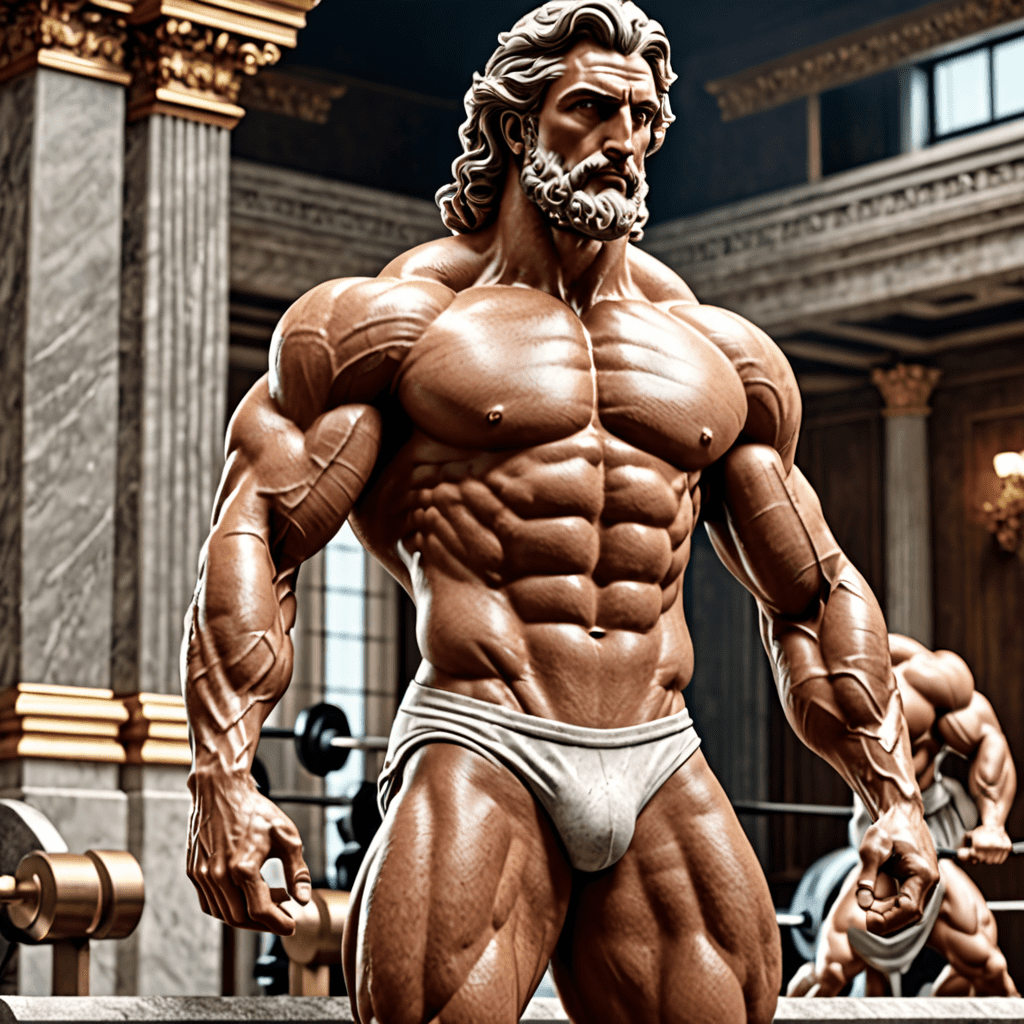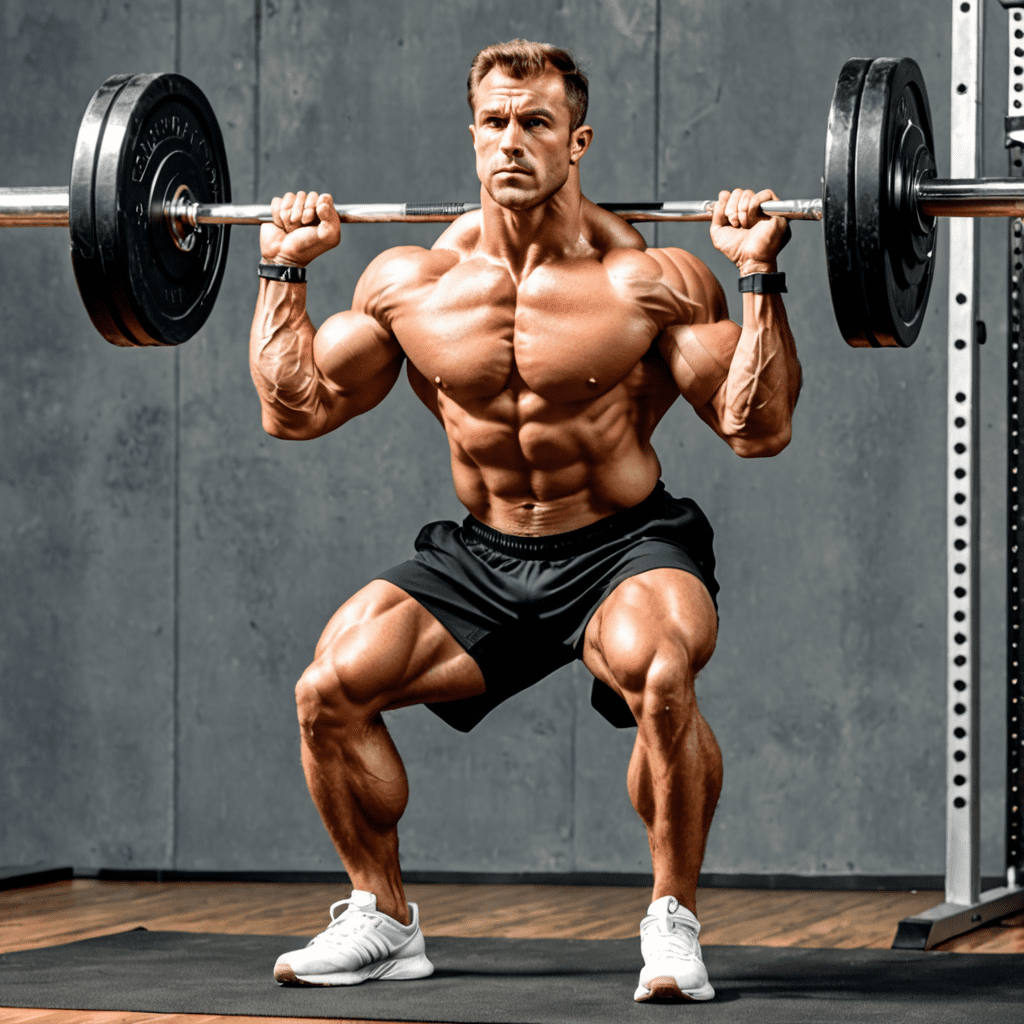
Understanding Muscle Hypertrophy for Better Results
What is Muscle Hypertrophy?
Muscle hypertrophy refers to the process of muscle cells increasing in size, resulting in muscle growth. This physiological response occurs as a result of strength training and resistance exercises.
How Does Muscle Hypertrophy Happen?
During resistance training, muscle fibers experience microscopic damage. The body repairs these fibers by fusing them, leading to an increase in muscle mass and strength over time.
Types of Muscle Hypertrophy
There are two main types of muscle hypertrophy: myofibrillar hypertrophy, which enhances muscle strength, and sarcoplasmic hypertrophy, which increases muscle size but not necessarily strength.
Factors Influencing Muscle Hypertrophy
Several factors can affect muscle hypertrophy, including genetics, nutrition, training intensity, volume, frequency, rest, and recovery. It is essential to consider all these variables for optimal muscle growth.
Training Strategies for Muscle Hypertrophy
To promote muscle hypertrophy, individuals should focus on progressive overload, varying exercises, using proper form, incorporating compound movements, and ensuring adequate rest between sessions.
Nutrition and Muscle Hypertrophy
A balanced diet rich in protein, carbohydrates, and healthy fats is crucial for supporting muscle growth. Adequate hydration and micronutrients also play a vital role in optimizing muscle hypertrophy.
Importance of Recovery in Muscle Hypertrophy
Rest and recovery are essential for muscle growth. Proper sleep, active recovery techniques, and listening to your body’s signals are key components in ensuring optimal results from muscle hypertrophy.
What is Muscle Hypertrophy?Answer:
Muscle hypertrophy refers to the process of muscle growth and enlargement due to an increase in the size of individual muscle fibers. This physiological response occurs as a result of strength training or resistance exercises, leading to the accumulation of proteins within the muscle cells, ultimately resulting in increased muscle size and strength.
How Does Muscle Hypertrophy Impact Fitness Results?
Answer:
Understanding muscle hypertrophy is crucial for enhancing fitness results as it directly correlates with muscle strength and size. By engaging in targeted exercises that promote hypertrophy, individuals can effectively increase muscle mass, improve overall strength, and enhance physical performance for various activities.
What Factors Influence Muscle Hypertrophy?
Answer:
Several factors influence muscle hypertrophy, including the intensity and volume of resistance training, nutrition, adequate rest and recovery, genetics, and hormonal balance. To optimize muscle growth, it’s essential to design a well-rounded workout routine that considers these factors and promotes progressive overload to stimulate muscle adaptation and growth.


